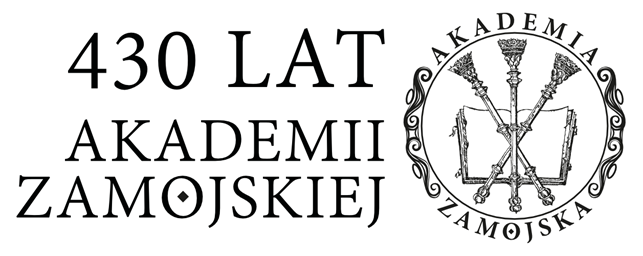„I zawsze w sercu obraz twój nosić będę…” – kobiety w pieśniach Mordechaja Gebirtiga
Anna Jeziorkowska-Polakowska
Abstrakt
Mordechaj Gebirtig (1877-1942), robotnik, stolarz, kupiec, poeta, aktor. Ze względu na niewielką ilość faktów biograficznych z jego życia, jego twórczość stała się jedynym źródłem informacji o latach życia poety. Debiutował w 1905 roku w krakowskim czasopiśmie „Socjaldemokrat”, piętnaście lat później ukazał się jego pierwszy tomik poezji Folkstimlech (Melodia ludowa), składający się z dwudziestu wierszy. Wydany w 1936 roku zbiór Majne lider (Moje pieśni) zawierał pięćdziesiąt cztery teksty piosenek wraz z melodiami (lata 1920‑1936). Analiza dorobku Gebirtiga, poza ujawnieniem jego biograficznych tajemnic, pozwala na stworzenie typowego portretu żydowskiej kobiety – od narodzin do śmierci. W twórczości poety zdaje się odbijać każdy etap: dzieciństwo, młodość, małżeństwo, macierzyństwo i starość. Powyższy cytat z ballad Mordechaja Gebirtiga ilustruje kobiety w różnych scenach. Wyłaniający się obraz wydaje się nie być jednorodny i klarowny, w dużej mierze determinują go ograniczenia wspólnotowe, z jakimi zetknęły się wszystkie te kobiety. Po prostu odgrywają role, które im przydzielono. Córki mogą być albo posłuszne, albo zbuntowane, żony – pokorne, niezadowolone, wymagające, panny są wspaniałe, piękne, kochające, przywołujące wspomnienia miłosne, czasem nawet upadłe… Takie jest życie. Można powiedzieć, że nie ma w tym nic nowatorskiego – zwyczajność i rzeczywistość. Ale w tym pozornie zwyczajnym i realistycznym portrecie jest cecha wyjątkowa i osobliwa: wyidealizowana wizja matki. Prawdziwe sanktuarium tradycji żydowskiej, chroniące rodzinę, wiarę i wszystkie najcenniejsze cnoty.
Słowa kluczowe:
Mordechaj Gebirtig, poezja, obraz kobiety i matki, środowisko robotnicze, tradycja żydowskaSzczegóły
Bibliografia
Statystyki
Autorzy
Zasady cytowania
Licencja

Utwór dostępny jest na licencji Creative Commons Uznanie autorstwa – Użycie niekomercyjne – Na tych samych warunkach 4.0 Międzynarodowe.


 Język Polski
Język Polski
 English
English




